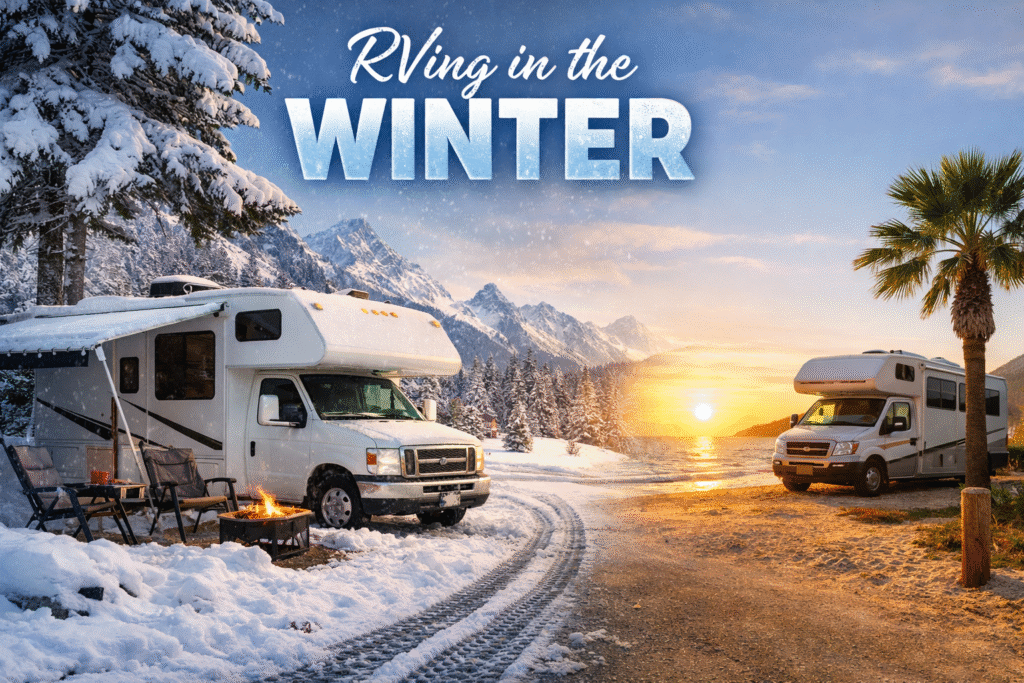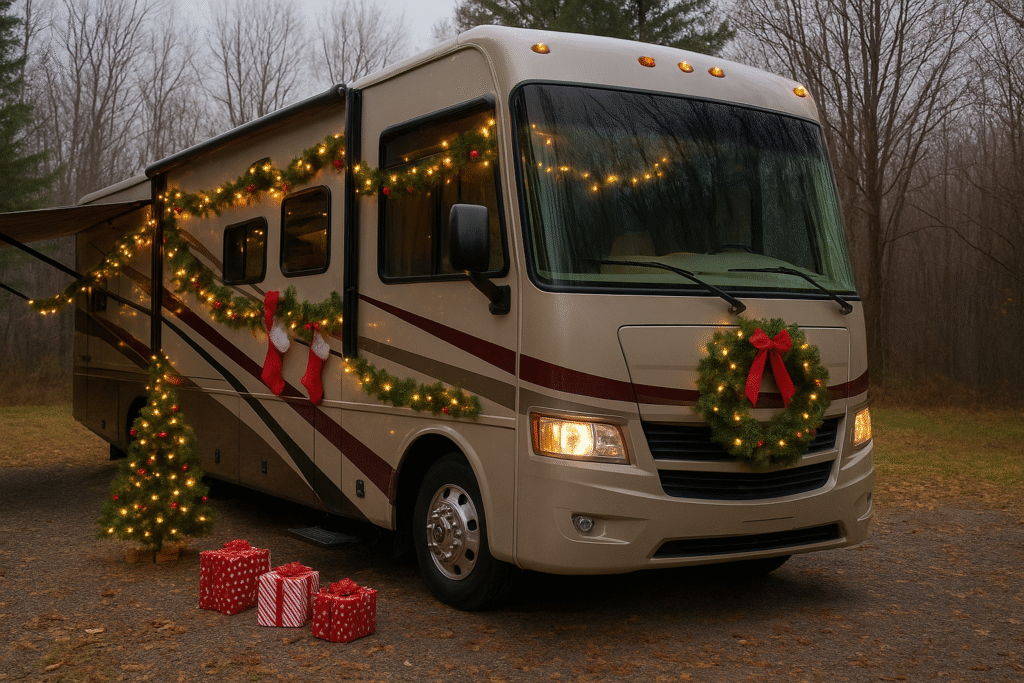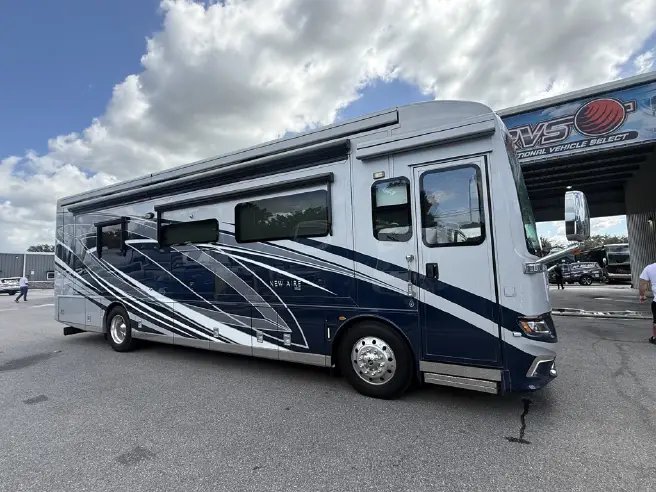Owning an RV is a great joy and accomplishment for many people. It’s a home on wheels with many of the creature comforts of a brick-and-mortar residence, but one that affords you the flexibility of waking up in a different location every morning if you so choose. One of the considerations RV owners must keep in mind, however, is where to store their rigs when not in use. Can you park it at your home? Do you have to store it someplace else? If so, where?!
Let’s explore a few options!
Your Home
Your RV is yours, right? So it makes sense that your own property would be a logical first storage option. Keeping it in your driveway, backyard, or garage may be possibilities. However, you must have enough space to store your rig, whatever its size, and there can’t be any HOA or neighborhood restrictions against doing so. Despite these disadvantages, storing your rig at home probably won’t cost you anything.
An Outdoor Storage Facility
Outdoor self-storage for your RV is another option. There’s typically plenty of space at these types of facilities, so RVs of any size can fit, and there’s monitored security as well. This option is also one of the more affordable storage methods. However, the one disadvantage is that your rig will be open to the elements and weather could contribute to wear and tear placed on your vehicle.
A Covered Storage Facility
Covered storage is a hybrid between leaving your rig out in the elements and parking it in a completely covered facility. Similar to outdoor storage options, covered facilities will likely have security surveillance in place, have plenty of room for most vehicles, and cost less than a covered facility. And while there will be some protection from the weather, it will only be partial. Humidity, heat, strong winds, and even driving rains or snow (if stored in northern climes) could still come in contact with your rig.
An Enclosed Storage Facility
A covered facility will be the most protective storage option for your rig. Your RV will be completely protected from the elements, so it will suffer far less environmental deterioration than if stored outside. Additionally, enclosed storage facilities have the best security options, with locked doors and surveillance. Disadvantages include the cost – these storage facilities often are the most expensive – and potential space restrictions.
Choosing a storage option will largely come down to what sacrifices you’re willing to make for your RV and your budget. Consider whether maintaining your rig’s overall condition is important to you, how much you want to spend to meet that level of importance, and then determine what storage choices are available to you.
Where do you store your RV? Leave us a comment or contact us today!




